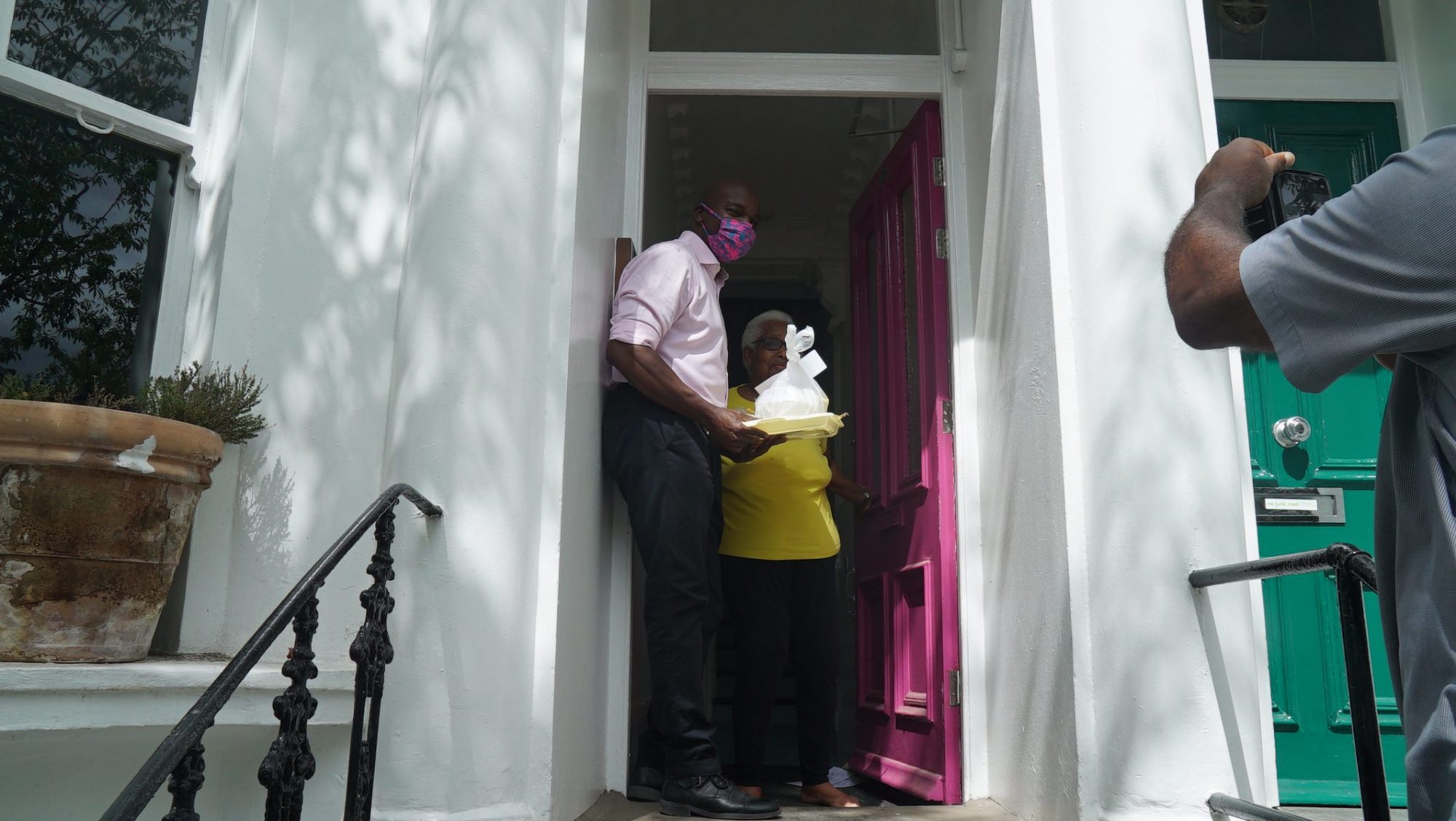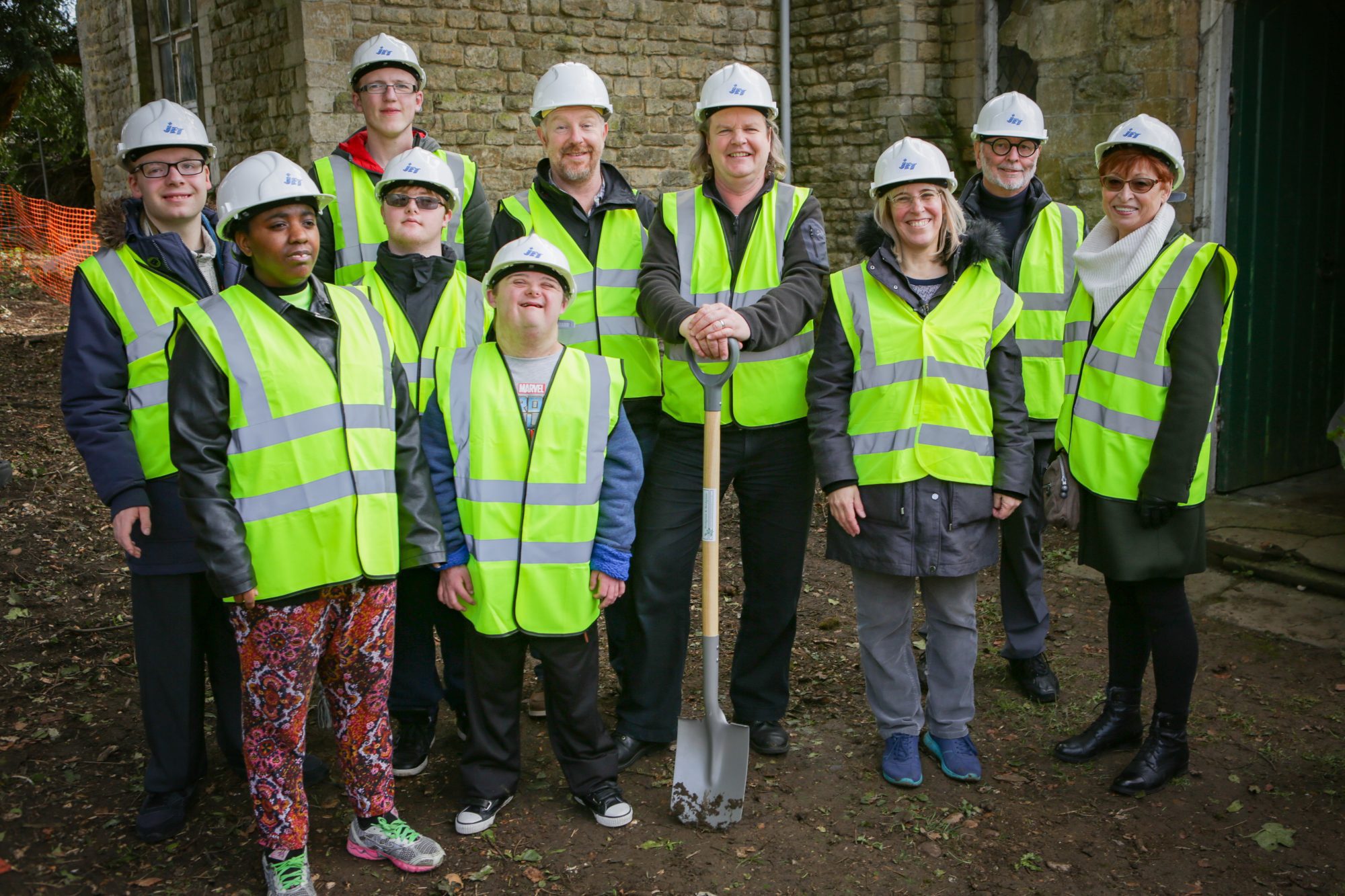In this blog, Charlotte Cassedanne, Head of Communications and Rose Seagrief, Head of Emergency Programmes, take a look at how Power to Change worked with partners at short notice to support those who needed it most.
April 2020. Covid-19 is rampant, and the UK is in lockdown. While many were furloughed, funders around the country halted their current activities and pulled together millions of pounds of emergency funding to support communities. Power to Change paused its funding programmes to create a £7 million pot to award to our grantees and community businesses who are members of Cooperatives UK, Locality and Plunkett Foundation.
But this wasn’t the only emergency fund we were involved in pulling together. Another was the £9.5 million Covid-19 Community-Led Organisations Recovery Scheme (CCLORS). Early in the crisis, The National Lottery Community Fund wanted to support those most affected. They funded several schemes, including one to help people who are homeless through the Barrow Cadbury Trust, and another for social enterprises.
The one we created was specifically aimed at supporting community-led organisations. When lockdown hit, these organisations were often at the centre of the relief effort, providing food and prescriptions to vulnerable people, coordinating volunteers, raising community spirit and generally keeping us all going despite their own businesses being in financial difficulties. Communities were leading the crisis response and needed emergency funds to stay open.
With the support of The National Lottery Community Fund, we set up a consortium led by Power to Change. Our partners were Social Investment Business, who led on the grant administration. Locality and The Ubele Initiative developed the business support offer that would go alongside the grant. And we all worked together intensely over several weeks to design this unique programme.
As the weeks went by, more data was coming out about who was being affected the most by the virus. Sadly, Black and Asian people were some of the most susceptible, and we knew from experience that groups supporting or led by them are less likely to secure funding, for a range of reasons. We wanted CCLORS to specifically help community-led organisations that were supporting or led-by these communities. We devised a weighting system for the scoring so that BAME-led or BAME-supporting organisations would be scored more highly, and therefore be given priority for funding.
With Ubele’s insight and the consortium’s excellent networks, we managed to promote the fund far and wide, attracting lots of organisations we had never supported before. Our webinar about the fund had 1,300 registrations – similar funds usually attract 300 people normally. And our combined efforts on social media reached over 200,000 people.
Four and a half months later and we have distributed the £9.5 million to 302 community-led organisations. 60% are BAME-led or BAME-supporting organisations, and of the ones who applied, 50% went on to receive funding which is very unusual; the drop off rate is usually much higher.
So how did we do it? With grit, passion, debates, decisions, process-mapping, guidance-writing, a webinar that reached hundreds of people and many long hours. Excellent communication, across our consortium, across the other Lottery schemes, and across our networks was also key. This crisis has been devastating for many, but it has created a common goal and that is what enabled us to set aside our normal workloads, and instead prioritise creating a multi-million pound emergency fund in seven weeks.



